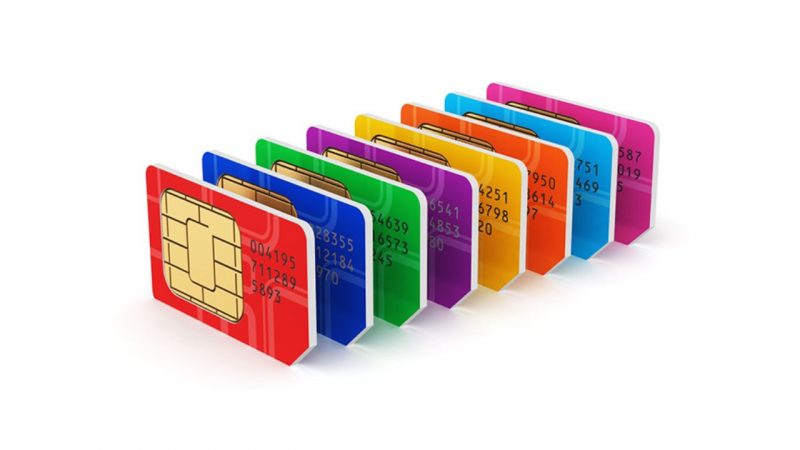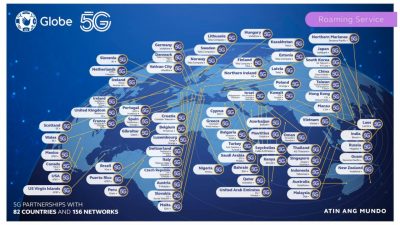MANILA — Advocates in the battle against fraud, disinformation, and fake news have urged relevant authorities to reconsider the enforcement of Republic Act 11934, commonly referred to as the mandatory Subscriber Identity Module (SIM) registration law.
This call comes in response to findings from a National Bureau of Investigation (NBI) test, which revealed that a counterfeit identification card featuring an animal’s photo — that of a monkey — could successfully register a SIM card.
A coalition of digital advocates argues that this revelation underscores the need to review the controversial SIM Registration Law, as scammers may have exploited fraudulent identities to register phone numbers for illicit purposes.
“We strongly urge the Department of Information and Communications Technology (DICT) to reevaluate this matter,” emphasized Aio Bautista, the lead convenor of Philippine Transport and Communications (PhilTraComm).
“This raises serious questions about the DICT’s system or that of the digital service providers tasked with implementing the mandatory SIM registration law.”
The DICT is the lead agency of RA 11934’s implementation.
On the other hand, Ronald Gustilo, a national campaigner for Digital Pinoys, also stressed the importance of preventing criminals from victimizing vulnerable individuals.
“Considering what the NBI has uncovered, it’s not far-fetched to suspect that the SIM registry may already be compromised. Telcos and the government should conduct an independent audit immediately. These victims have already suffered due to their data being compromised,” Gustilo added.
Senate hearing
During a Senate committee on public services hearing recently, Atty. Jeremy Lotoc, chief of the NBI’s cybercrime division, disclosed that they successfully registered SIM cards using an ID featuring a monkey’s face in the telcos’ registration portals.
He highlighted that this experiment exposed how anyone, including those resorting to fraudulent methods, could register SIM cards.
Critics argue that the SIM Registration Law, among its intended purposes, is aimed to combat scams and illegal activities but has fallen short in achieving these goals.
As such, Bautista emphasized the urgency of action from concerned government agencies following the NBI’s discovery.
“If monkeys can successfully register a SIM with its face how much more those with a human face?” Bautista stressed.
“This could be the reason why fraudulent transactions using SIM cards continue unabated.”
Last July 25, telcos ceased mandatory SIM card registration after tallying at least 114 million sign-ups.
Now, all new SIM cards must be registered with a telco before they can be used.
Senator Grace Poe, who authored and sponsored the SIM Registration Law, has also called for an inquiry into its implementation due to the persistence of text scams.
In a recent statement, she urged authorities to take extra measures to ensure that the law effectively curbs text scams, acknowledging the need to be innovative in combating this issue.
(ai/mnm/Jr. Amigo Research)







